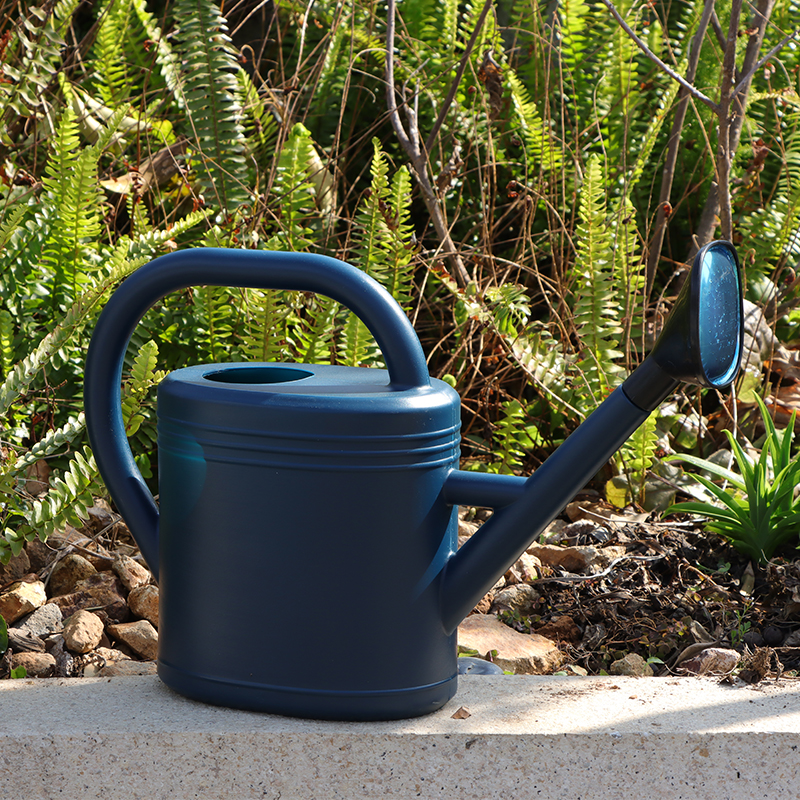When planning for large-scale planting operations or preparing inventory for retail distribution, the choice of containers matters not just in terms of appearance but also functionality and cost. Nursery Planter Pots and Garden Pots Planters serve as essential tools in both commercial horticulture and home gardening markets. As demand for flexible, scalable solutions grows, bulk options have become increasingly attractive for businesses looking to balance performance, price, and production efficiency.

Cost-Effective Solutions Without Sacrificing Quality
For growers and distributors, affordability does not simply mean choosing a lower price. It involves assessing the value offered by planters across their full lifecycle — from initial use to long-term performance. Material strength, ease of handling, compatibility with automation, and space-saving designs all play a role in determining whether a planter can perform consistently across planting seasons.
Bulk purchasing of Nursery Planter Pots offers a way to reduce per-unit costs while maintaining consistency in sizing and design. This is especially important for nurseries that need to manage thousands of seedlings or young plants within a limited area. Matching pot sizes improves watering schedules, streamlines spacing systems, and ensures smoother transitions during plant transfers.
By offering a wide range of standard and customizable bulk options, manufacturers can support businesses of different scales, whether supplying regional garden centers or commercial landscaping projects. Custom requests, such as varying pot depth, color, or thickness, can still be fulfilled at scale through efficient tooling and mold integration.
Choosing Practical Designs for Handling and Growth
Functionality plays a major role in the selection of bulk Garden Pots Planters. For example, pots used in automated nursery systems often require specific base designs to be compatible with conveyors or pot spacing machines. Ventilation and drainage features are also critical, particularly for plant types that are prone to root rot or need moisture regulation.
Stackable shapes are often preferred in bulk shipments, helping reduce transportation costs and simplifying warehouse management. Round pots may suit ornamental plants or decorative displays, while square pots save space in growing trays or during shipment. The decision between different pot types should be guided by the intended use environment, type of plants, and post-sale handling needs.
For businesses that operate in varying climate zones, adapting design elements — such as wall thickness or base openings — can help maintain plant health in both high-humidity and dry regions. Customization at the design stage can make a significant difference in reducing plant loss and improving shelf presentation.
Material Selection for High-Volume Use
When sourcing plant pots in bulk, material selection must strike a balance between durability and affordability. Injection-molded plastics are popular for their high efficiency in mass production and ability to meet a wide range of specifications. These materials are lightweight, structurally stable, and can be customized with UV stabilizers or recycled materials.
Plastic seedling pots used in high-turnover environments, such as seasonal greenhouses or promotional events, must withstand frequent watering, handling, and temperature changes. Even in outdoor conditions, the material should be able to resist warping, cracking, or fading.
Some buyers may also seek biodegradable or environmentally friendly alternatives to meet sustainability goals. In this case, discussing the specific use and expected life of the product can help manufacturers recommend appropriate solutions without compromising functionality.
Order Size and Customization Flexibility
One challenge companies face when sourcing plant pots is matching order volumes with project timelines and storage space. Bulk purchasing doesn’t always mean ordering thousands of pieces at a time—manufacturers that support flexible order quantities can better serve small and medium-sized buyers, especially during off-season planning or pilot projects.
Even for large orders, customization is still possible. Businesses can request branding elements such as embossed logos, stickers, or packaging tailored to their regional markets. Adjustments to mold size or structural changes can be scheduled with ample advance notice, and prototypes are often developed to ensure specifications are met before full production begins.
Clear communication of timelines and warehouse capacity also aids order planning. Buyers should work with suppliers who offer realistic production schedules and predictable production processes. This helps avoid excess inventory or delays during key sales periods.
Supporting Scalable Growth in Green Industries
As horticulture continues to expand into urban environments, school projects, and community landscapes, the demand for adaptable and affordable planting solutions is steadily growing. Whether for edible gardens, ornamental arrangements, or reforestation nurseries, obtaining bulk nursery pots that meet technical and visual requirements is key to ensuring operations are on time and on budget.
Garden centers and wholesalers who plan container purchases in advance are better able to respond to seasonal demand surges, new product lines, or promotional events. By working with suppliers who understand the technical and logistical requirements of bulk pot delivery, businesses can create planting systems that are efficient, scalable, and meet the needs of different users.

 English
English 日本語
日本語 Español
Español Deutsch
Deutsch عربى
عربى
